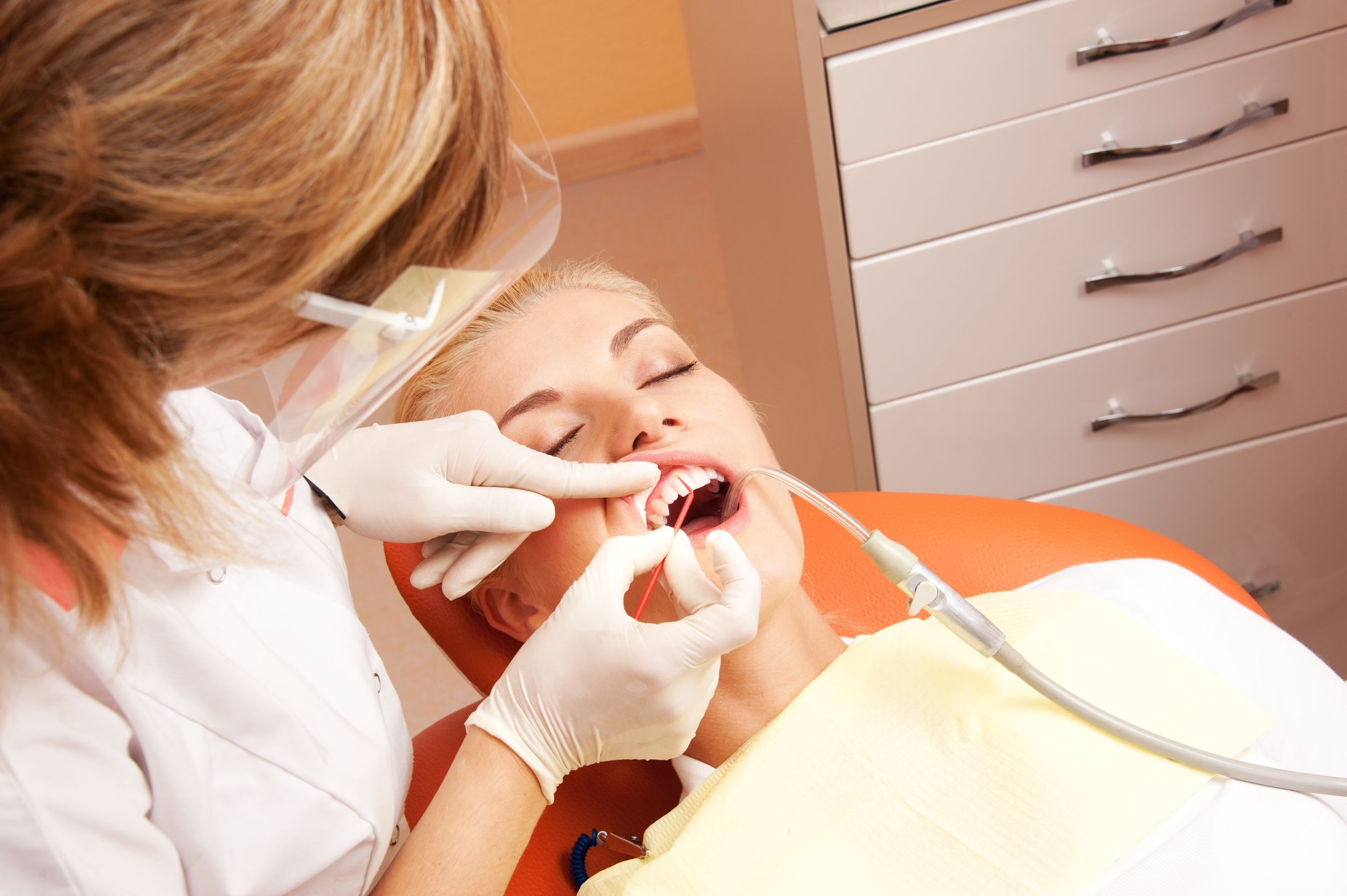Many people snore. Sometimes it’s just a nuisance, but in conjunction with other symptoms, it is also sometimes a sign of sleep apnea. This serious disorder causes those suffering from it to stop breathing repeatedly throughout the night. When Snoring in Short Hills NJ is accompanied by fatigue, forgetfulness, irritability and loss of concentration, and restless sleep, it is more than an annoyance. It is a health hazard that needs to be addressed.
Once sleep apnea has been diagnosed, it can be treated in a variety of ways. Non-surgical treatments include medications, dental devices, CPAP machines, and other equipment to encourage healthy breathing at night. Surgery is typically used only as a last resort, and it is typically unnecessary. Dental and oral devices have an 85% success rate in mild to moderate cases of sleep apnea.
Should surgical intervention be deemed necessary, an oral surgeon will help patients decide what measures to take. Somnoplasty is a simple radio frequency surgery that is fairly non-invasive. It can address several causes of mild to moderate snoring, including those affecting the tongue, uvula, tonsils, and soft palate. However, its success rate in treating sleep apnea is not 100%.
Some patients will require more extensive and invasive measures, such as maxillo-mandibular advancement surgery. This procedure has a success rate of 100% at treating snoring and sleep apnea. It requires hospitalization and general anesthesia as it involves moving both the upper and lower jaw forward in order to remove obstructions. UPPP surgery also requires hospitalization and general anesthesia, but has a success rate of less than 50% in treating significant cases of sleep apnea. It involves removal of soft tissues in the mouth and throat and has a comparatively high rate of complications compared to other forms of treatment.
Concerned that a partner’s Snoring in Short Hills NJ might be more than a simple annoyance? He or she can visit Westfield Oral Surgery to obtain an accurate diagnosis and learn about medical and surgical options for treating sleep apnea. Remember that follow-up visits are often required for non-surgical treatments, so it’s important to have a specialist that is convenient to the patient and willing to work with his or her primary care physician to ensure continued good health.


